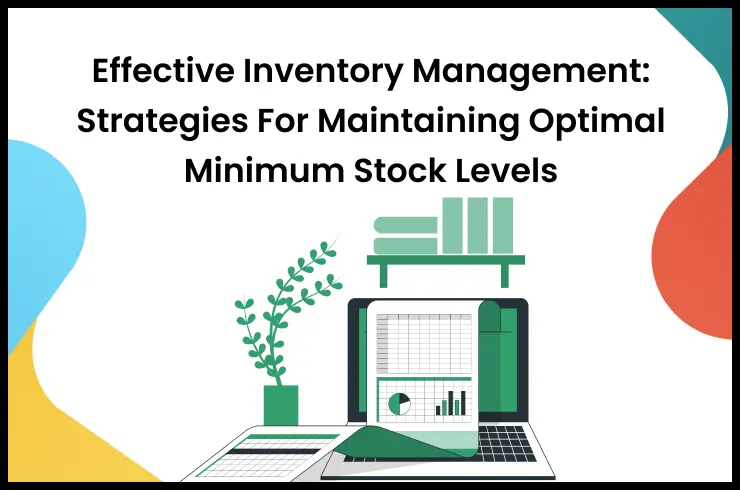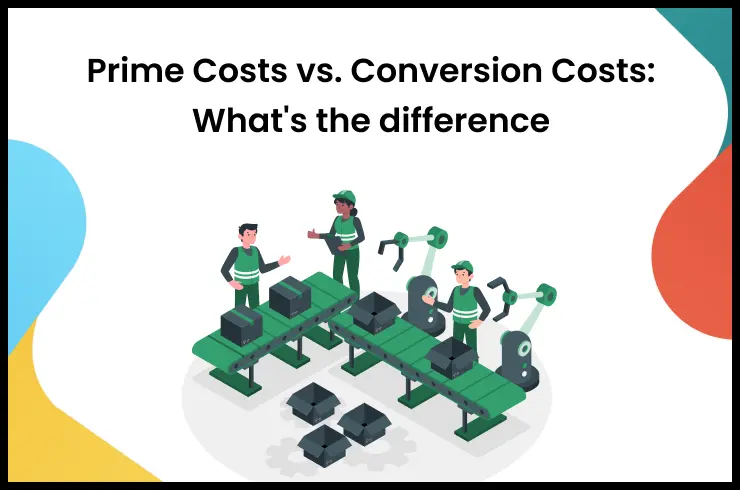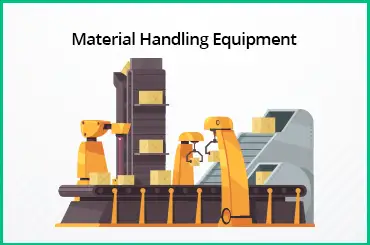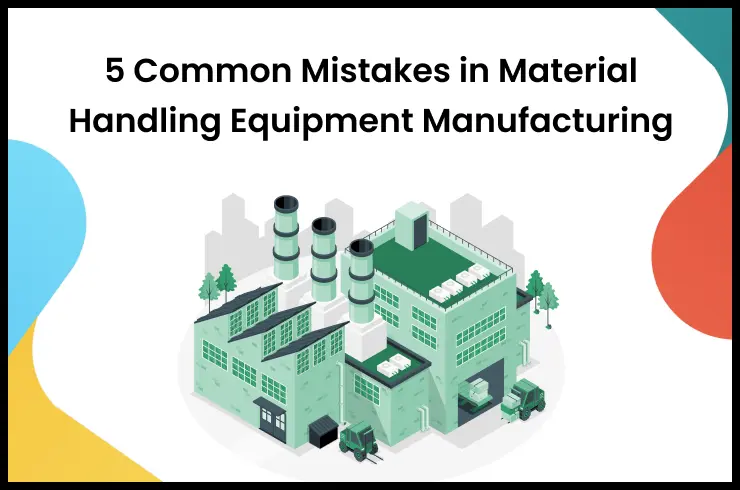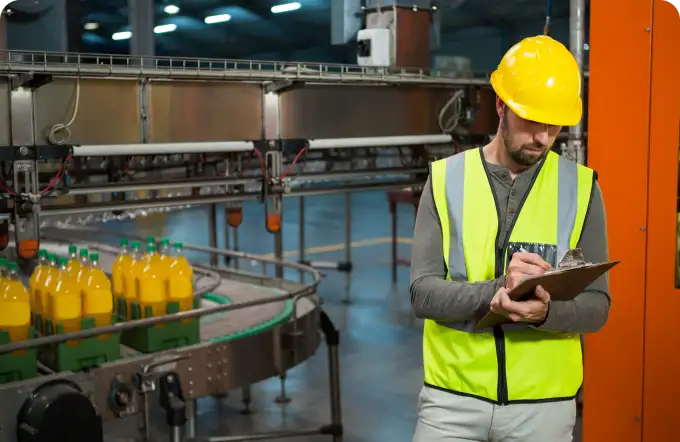Manufacturing Automation Systems are an important part of the manufacturing industry and have been used in various industrial sectors for decades to improve operations. Nowadays, manufacturers look for economical, more reliable, and advanced solutions.
It is the reason why automation technology benefits these manufacturing industries in the fast-changing world. Let's explore the advantages, types, and more about manufacturing automation systems and find out how it is helpful for manufacturers.
What Do You Mean by the Manufacturing Automation System?
The manufacturing automation system helps industries to lower costs while increasing output. In manufacturing industries, automation is useful for business management, monitoring, and organizing data to promote workplace safety.
Simply put, automation uses digital tools to speed up manufacturing and improve productivity. These automation systems can be programmed to perform repetitive tasks that need extreme safety and attention.
Automated manufacturing systems are managed and run by control systems. With the help of such systems, the machine does not need human involvement and is fully automatic.
Automated Manufacturing Examples:
Here are three types of automated manufacturing processes with examples:
Fixed Automation
Also known as hard automation, they are programmed to deliver a single program with a fixed product style and design of tools and machines for production requirements.
Examples:
- Machining transfer lines
- Paint and coating automation processes
- Automated assembly machines
2. Programmable Automation
With the help of this automated manufacturing technique, new programs can be written for each process. It helps to produce products in batches according to the commands given to the system.
Examples:
- Numerically controlled (NC) machine tools
- Programmable logic controllers
- Industrial robots
3. Flexible Automation
This manufacturing method is most suited to production needs. As per its name, it can deliver a mixture of products together.
Examples:
- Robotics
- Assembly systems
- Material handling systems
Industries That Need Manufacturing Automation
Manufacturing automation is quite popular among various industries as it improves production ability:
1. Automotive
Manufacturing automation helps reduce human errors and increase performance and safety with better quality control. They provide detailed manufacturing along with safety features for improved results.
2. Food and Beverage
Automation checks the inventory to improve reporting and reduce food wastage. It can help maintain food safety by limiting human interaction with products and minimizing such risks.
3. Medicine
Automation ensures a reduced rate of human errors and can act with detailed perfection. It helps industries to maintain documentation and manufacturing of medical devices and other products.
4. Consumer Packaged Goods
Manufacturing automation systems ensure to fulfill their demands and help industries through difficult times like labor shortages without much loss. Automation can help industries throughout the process, including packaging, shipping, inspection, etc.
5. Packaging
Automation can help manufacturers deliver large quantities of products in different varieties while staying competitive. It also allows better packaging flexibility and quality while keeping the workers safe.
6. High Technology
Automated production systems can improve production speed and remove defective products while maintaining high quality with minimum costs. With increasing demand, automation can improve the overall electronic industry with better manufacturing of products without human errors.
Advantages of Automated Manufacturing
Automated Manufacturing has many advantages in various industries and improves product quality without human involvement. Here are a few key advantages:
1. Less Production Time
Automation helps industries stay competitive by delivering more products in less time. Products with better quality, fewer defects, and faster production can help manufacturers increase production rates.
2. Better Tracking of Production
With automation and sensors, manufacturing systems can track the products throughout the supply chain. It improves decision-making and better planning for the future.
3. Reduces Human Error
Automated Manufacturing systems allow product delivery with fewer man-hours and without the risk of serious injuries. It helps industries use human capital for research and other development tasks.
Future of Automation in Manufacturing Industries
With present technological advancements, the future of automation in manufacturing industries looks quite bright. With the developments in robotics and AI, industries can easily perform complex tasks with fewer errors and better productivity.
The myth about automated technology is that it will replace the human race with its accuracy. But one must understand that most computer-integrated manufacturing needs a human to program or adjust the changes.
Automation is not designed to replace them with humans; rather, they are here to protect the human workforce and use human capital for better development tasks. It can make the workplace for employees safer and more productive by managing the difficult tasks for machines and problem-solving, innovation, and management tasks for workers.
Solutions for Industries Using Manufacturing Automation Tools
Automation helps industries to unify and organize processes with less error and better planning. These solutions help automate the planning and management operation throughout the supply chain with better data collection and manufacturing processes.
Automation tools can help industries improve business areas with better reporting and help manage production with better data-driven planning. This productive and high-quality output can make the industry more profitable with increasing competition.
Manufacturing Automation Types
The automation types include fixed, programmable, and flexible manufacturing methods to deliver needs for various industries:
1. Fixed Automation
This system produces a single type of product with fixed data and equipment. It helps industries with singular types of products to fulfill the demand rates quickly. This system is used for high production needs with high installation costs.
2. Programmable Automation
This type of automation allows industries to change the code for each process. Programmable automation helps in the large production of units in batches. It is high-investment automation for general-purpose equipment and is flexible as it lets industries change data as per demand.
3. Flexible Automation
Automation responds to changes as per the market and easily adapts according to the demands. It helps companies that offer a variety of products in low to medium-quantity batches. This type of automation is also helpful for those industries that deliver customizable options for clients.
Get the Perfect Automated Manufacturing Solutions With TranZact
With TranZact's manufacturing solutions, Indian SMEs can use automation technologies. It promotes better productivity and production and helps various companies plan their manufacturing activities.
TranZact can create effective development throughout the product cycle for better automated scheduling with less error and help businesses achieve high productivity.
FAQ on Manufacturing Automation Systems
1. What are manufacturing execution systems?
A manufacturing execution system is a unique software that reports, checks, and manages the product cycle from raw to finished goods.
2. What is mes plant automation?
Mes plant automation is software that allows quality control while keeping inventory and time management in check.
3. How do building automation systems help manufacturers?
Manufacturers save a lot of energy with the help of building automation systems. It reduces heating, cooling, and other forms of energy consumption. It lowers utility bills and saves money.
4. Why is machine precision needed in the food and beverage industry?
Machine precision is needed in the food and beverage industry because it requires very little human involvement to maintain food safety and reduce risk.
5. What are the basic benefits of automated systems?
The benefits of automated manufacturing systems include lesser human error, better productivity, time management, and maintaining the quality of the end product.
6. How automated manufacturing systems improve competition in the market?
With better quality and fewer errors, the manufacturing automation system helps deliver the final product using less time, assisting industries in fighting competition.
7. Which type of automated method is suitable for customizable products?
Flexible Automation is easiest to use for customizable products. This automation suits industries with low to medium batch requirements for specific products.
8. How does automation save lives in industries?
Automation reduces labor-intensive tasks and decreases human error in the industry. With less human involvement, industries are safer for the human workforce.









